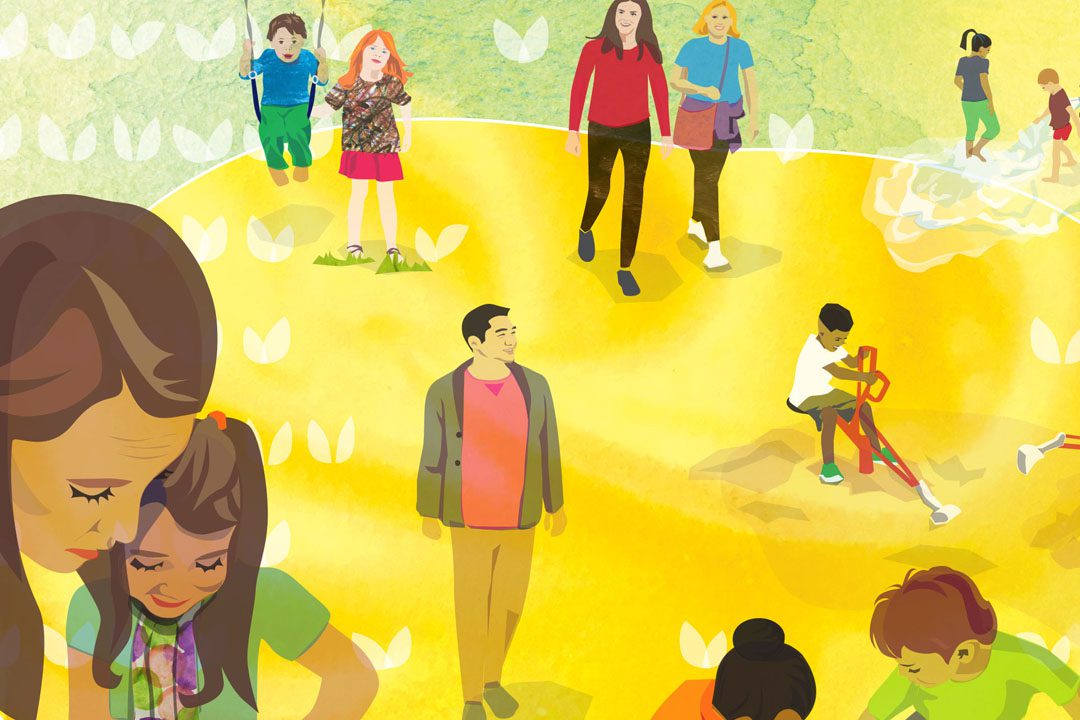United States 

United States 

During the Great Depression, a massive economic crisis which had unemployment not seen again until the levels we are approaching in our present moment, Franklin Delano Roosevelt, alongside Congress, led the country forward under the framework of the Three Rs – Relief, Recovery, and Reform. The COVID-19 crisis runs much deeper than economics, impacting health in addition to livelihood. Moving through and beyond it will require the leadership, fortitude, and innovative thinking that we have seen burn bright throughout America’s history. And this time around, it may require moving beyond reform, to a new R – Reimagining a more prosperous future.
Today, we sit squarely in a period of relief. The government has released trillions of dollars to provide some semblance of stability to the millions of people who have lost their jobs, or some portion of their wages, and to businesses that closed overnight. School has been cancelled for the majority of children in the US, and working families have found themselves suddenly without child care. The impact extends well beyond the US across the world, and we are being forced to face, once again, our global interdependence by a virus that does not respect borders. In the middle of this crisis, it may feel like a luxury to think about the future, but we must. The question isn’t when recovery and reimagining will arrive, but rather, what will we do when we get there?
At Imaginable Futures, we imagine a world where every individual has the opportunity and support to build a brighter future for themselves, and for all of us. We invested in Capita late in 2019 because we knew then that we wanted to imagine a different future, particularly for young children and their families. Today, it’s even more important.
Capita is an ideas lab and platform that fosters new ideas and encourages informed debate on critical issues that impact children and families. Capita voices new insights and draws from learnings of the past to foster courageous systems change.
Capita has published several ground-breaking reports which push the people who desire to improve life for young children and families to think differently, and more long-term, about how they approach their work. Tomorrow is Now: New Directions for Children’s Philanthropy challenges philanthropy on several fronts, including directly confronting extractive systems that pool wealth among a precious few and investigating the root cause of inequities, instead of funding programs that serve as a bandage. It also encourages philanthropy to pay for ideas, funding the organizations and people who generate them. We need new thinking to move us forward, and new ideas may be the most valuable resource we have in this moment.

In Foundations for Flourishing Futures: A Look Ahead for Children and Families, Capita, in partnership with KnowledgeWorks asks, “How will the social, economic, political, and technological movements of today reshape the lives of children tomorrow?” The teams uncovered five key themes to guide thinking around this question. When it was published in 2019, they had no idea what was to come in early 2020. Yet their insights are even more relevant.
The forecast looks closely at community health, innovations in children’s healthcare and learning, and perhaps most important, the core role of caregiving in our society. COVID-19 forces us to confront an often-invisible workforce of people caring for our loved ones, and in particular for our children. These “frontline heroes” deserve dignity, respect, and compensation commensurate with the essential work that they do every day. The forecast looks at the evolving role of caregivers in our society and presents new opportunities for how we think about and organize care.
COVID-19 forces us to confront an often-invisible workforce of people caring for our loved ones, and in particular for our children. These ‘frontline heroes’ deserve dignity, respect, and compensation commensurate with the essential work that they do every day.
In Designing a Post-COVID World for Children, Capita calls us to “think about how we will deal with the multi-year consequences of the trauma and begin building a more resilient, more humane, and more just society to follow the devastation.” How will we take advantage of an inertia that has been disturbed? Will we look at the massive, pre-existing inequity this crisis has exacerbated? Will we stop and ask ourselves if the rising levels of stress, mental health problems, and addiction were the train that we all wanted to be on? Will we take this opportunity to design a better future for all of us, but particularly for the children and families upon which community and society are built?
As we think about opportunities to reimagine, Capita asks us to look at how social distancing can reinvigorate the value we place on human relationships and prioritize them as a central human need and right. Capita recognizes that the design of our economy and the current iteration of capitalism does not prioritize the needs of children. How might we reimagine a more humane form of capitalism that actually considers and prioritizes all of its stakeholders, including children? Capita also now contributes to a global dialogue about building a world in which all children and families flourish by hosting conversations on how the future of cities post-COVID can support the needs of children and families.
And finally, Capita pushes us to embrace the present moment as an opportunity to elevate the importance of care work in our everyday lives. As Ai-Jen Poo, founder of the National Domestic Workers Alliance, has stated “care is the work that makes all other work possible.” Eighty-three percent of families were already struggling to find reliable, safe, and high-quality affordable child care prior to the pandemic. Childcare is infrastructure. Investing in family support to care for children is a public good. It builds strong community. It builds strong society. And it is the best opportunity that we have to create a flourishing future.
Capita is a vital platform, because the best ideas will not come from a single person. Sign up for their newsletter. Follow them on Twitter. Join an event. And share what you want to hear more about. Maybe even contribute to the conversation. While we may bias our attention to the present, we all need to bring our best thinking to the recovery and reimagining a better future.